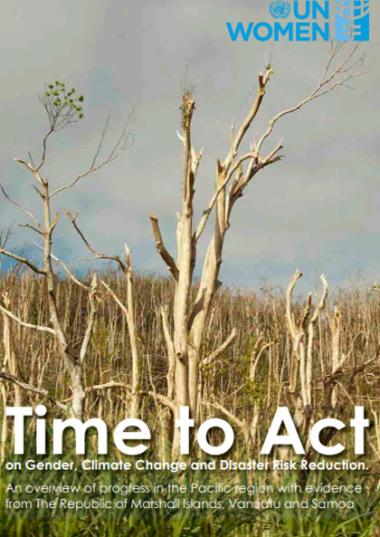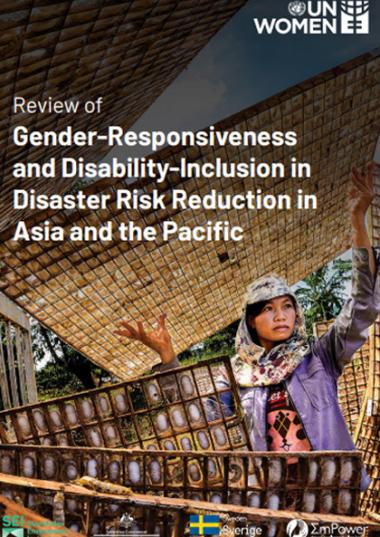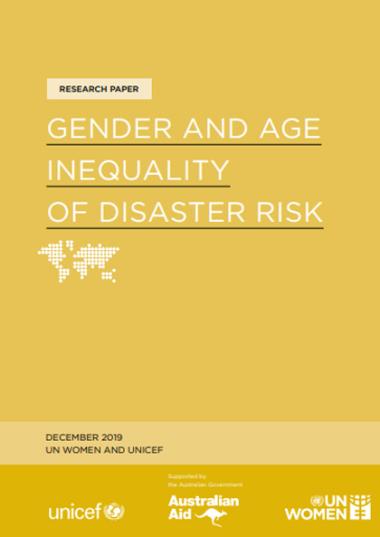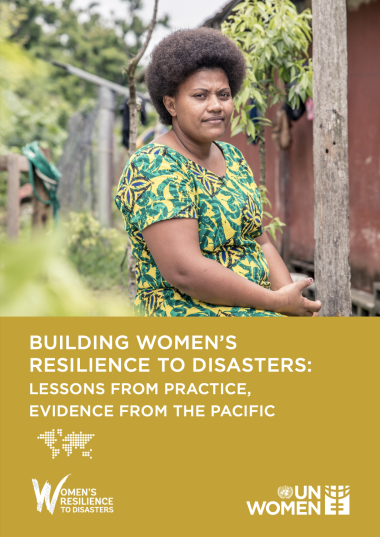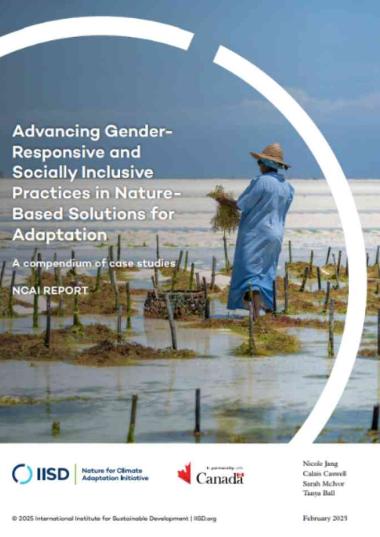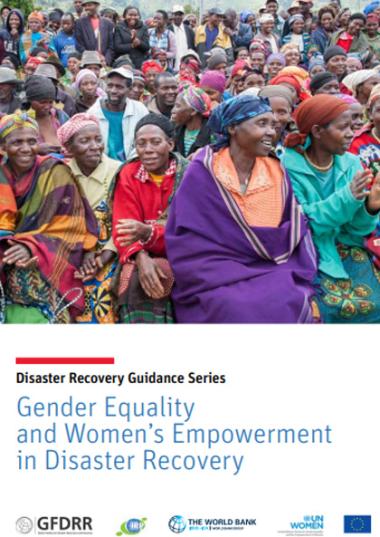
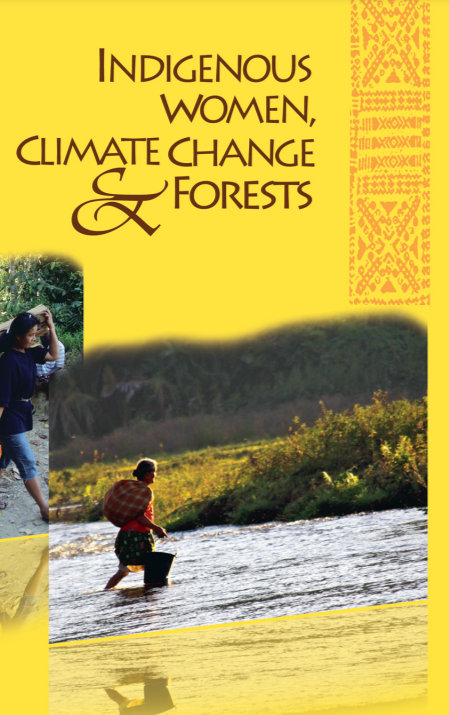
This book contains the results of two research projects about the impacts of climate change on indigenous women and the role of indigenous women in traditional forest ecosystem and resource management. It proposes the development of indicators to measure the effectivity and appropriateness of forest-related climate change and biodiversity approaches, policies and programmes in terms of addressing the distinct situation of indigenous women. The document intends to become a guide for the States and non-state actors to make their policies and programmes on forests, biodiversity and climate change, more responsive and relevant to indigenous women's situations and needs.
The chapters in this book attempted to cover the following areas: (i) indigenous women’s traditional knowledge and practices in tropical forest ecosystems in Cameroon, Kenya, Nepal, Nicaragua, Peru, Vietnam; (ii) description of the social, cultural and political context within which indigenous women developed their knowledge and practices on forest ecosystems management; (iii) impacts, issues and challenges caused by climate change which are faced by indigenous women which affect their productive and reproductive roles and responsibilities; and (iv) actions and responses to these issues and challenges, including adaptation strategies indigenous women employed in the areas of livelihood, food and energy security, and recommendations on how to address some of these.
